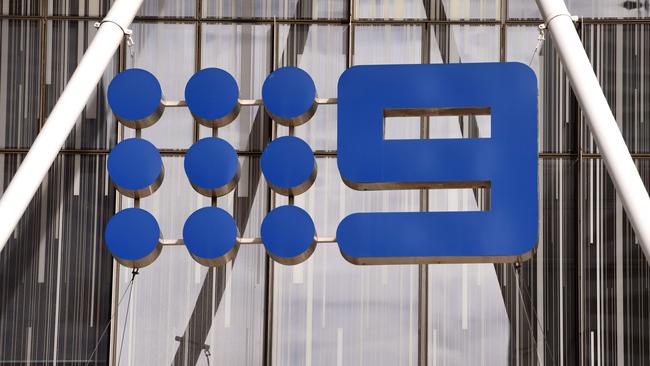
It was an end of an era for Nine Entertainment late last week, and not just because its long standing chairman Peter Costello stepped down.
Nine Entertainment, once hailed as among Australia’s iconic public companies, fell out of the index of top 100 stocks on the Australian Securities Exchange.
Most don’t think it will ever stage a return.
The business falls into the category some investors are describing on the ASX as “melting ice bergs”.
Melting ice bergs because companies like Nine, where they have been disrupted by digital streaming and the internet more broadly, are less relevant today than they once were and so their market values remain in gradual decline.
Or, regulation has meant they no longer have anywhere to go in terms of earnings growth.
You could put casino operators like Star Entertainment and SkyCity Entertainment into this category - financial services groups scrutinised in the royal commission like AMP and Insignia Financial, as well as regional banks like Bank of Queensland, unable to compete with the top four on mortgages because of their regulatory requirements.
Asset managers can also fit the description like Perpetual and Magellan Financial where they are being impacted structurally by the rise of passive index funds, while many see it playing out with traditional broadcast media companies like Southern Cross Media Group, Seven West Media and Nine Entertainment.
And trying to restore them to their former glory is no easy feat, as television audiences fall and advertising dollars dry up.
To put it into context, Paladin – a producer of uranium – instead joined the ASX 100. The Woolworth pubs and liquor spin off Endeavour, which is out of favour with increased regulation surrounding slot machines in its venues, has left the top 50.
Most do not see an easy answer for Nine when it comes to growth as the chatter is that it’s cutting an estimated $20m to $40m in costs from its business in a similar way to other media groups, as Facebook owner Meta pulls its annual funding of a similar amount.
Some ideas being pitched include further cuts to regional television production hubs outside of Sydney, a cull of current affairs programs like 60 Minutes, and even buying the rest of the $1.9bn online real estate website Domain Group (40 per cent) and bringing the business back in house.
Regional broadcaster WIN Network could also be folded into Nine to save money through synergies.
The hope for the STAN streaming business has always been seen as one where it is bought by a global giant like Netflix or Paramount, but that doesn’t seem to be on the cards.
It’s considered that in the print division, there’s probably not much left to cut for the publisher that prints The Age, The Sydney Morning Herald and The Australian Financial Review.
The dilemma is that more than a decade ago, it spent about $120m annually on news and current affairs and about $130m on sport amid a period of lucrative ad dollars.
Then, there were close to a million viewers in the Sydney and Melbourne markets combined with consumers not then streaming content from phones or searching as much for news online.
Now, it’s a far cry from that.
It’s made an expensive outlay on winning the rights to the Olympic Games that is estimated to cost well over $300m.
It’s subject to debate in the industry as to whether this will come at a major cost, a break even position or a slight profit from the Brisbane games onwards.
Nine’s share price has fallen 31 per cent in the past year and for the six months to December, earnings before interest, tax, depreciation and amortisation fell 15 per cent to $316m as revenue fell 2 per cent.
Free-to-air television EBITDA fell 26 per cent while Domain and Stan EBITDA were both higher.
Some analysts like Morningstar’s Brian Han are upbeat about its prospects, with a note out this week suggesting conditions are ripe to attract takeover interest.
But ultimately, most see the end game for Nine as one where it is no longer a public company.
Instead, it falls into the hands of a party like its 25 per cent billionaire shareholder Bruce Gordon and is privatised.
This way, there would be less publicity around staff scandals and the need to grow earnings annually at the rate of inflation and pay out a dividend would not be so pressing.
The future is seen as similar for casino operators like Star Entertainment.
That’s out of limelight into the hands of its billionaire shareholder, Bruce Mathieson.




To join the conversation, please log in. Don't have an account? Register
Join the conversation, you are commenting as Logout